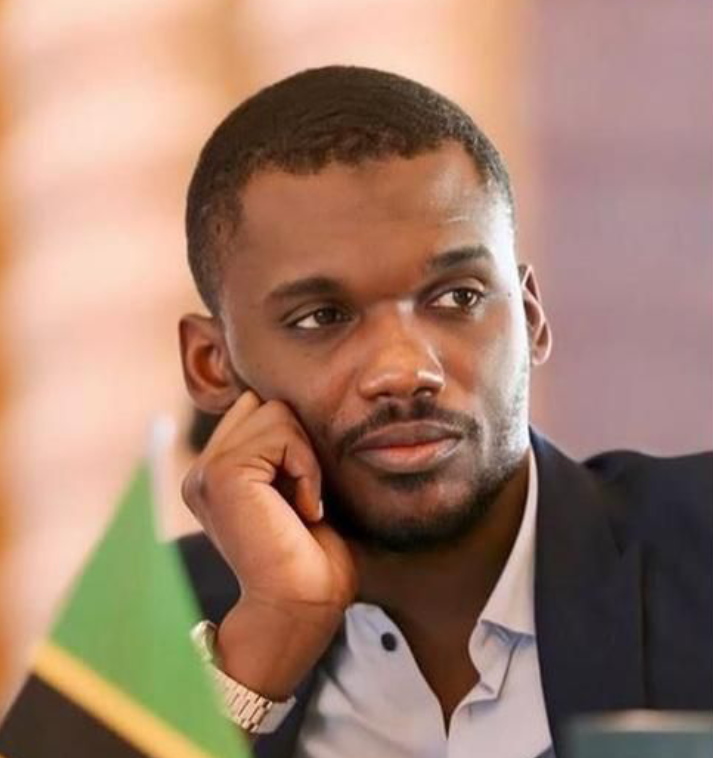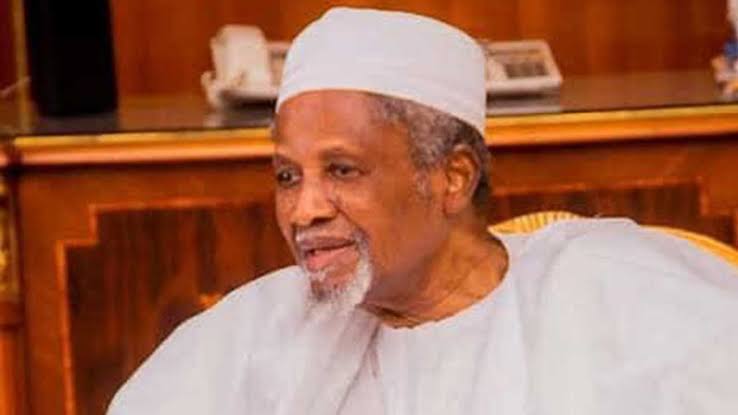
Kicked Out for Kindness: How a Youth Activist Was Shown the Door for Trying to Help Detainees

In an incident that speaks volumes about institutional rot and the unchecked exercise of power in public service, Nigerian youth activist and former President of the National Youth Council, Bello Shagari, has publicly shared a disturbing encounter that occurred inside a police station in Abuja. What began as a simple visit to seek help on a minor traffic issue turned into a revealing and frustrating lesson about the culture of gatekeeping and the misuse of authority in law enforcement.
Shagari, known for his advocacy and civic engagement, took to social media to recount the events in a post that has since sparked conversations across the country. According to his account, he voluntarily entered the police station hoping to seek assistance from a traffic officer over what he described as a “minor issue.” However, as he passed through the corridor of the station, he was met with an unexpected gesture: greetings from detainees behind bars.
It was a moment that seemed to awaken a strong sense of empathy in him. Having previously experienced detention himself, the greetings struck a personal chord. Moved by compassion, Shagari decided he would like to give the detainees a small amount of money—not as charity, but as a gesture of solidarity, enabling them to buy food or water, basic needs often denied or poorly provided within Nigeria's detention facilities.
He approached the desk officer at the station and asked for permission to do so. Rather than being immediately welcomed or thanked for the generous offer, Shagari was directed to the Divisional Crime Officer (DCO). According to his recounting, the DCO began by questioning who he was and why he wanted to give the detainees money.
Shagari told her plainly: he was just an ordinary citizen trying to do a good deed. He expected that the simplicity of his intention would be understood and respected. Surprisingly, the DCO approved his request but imposed a condition—he would not be allowed to hand the money directly to the detainees. Instead, he would have to give the money to the officer in charge, who would then presumably deliver it to them.
Though the condition was unusual, Shagari agreed to it with one caveat—he wanted to speak to the detainees himself, just to let them know where the money came from and what it was for. That simple request was flatly denied. The DCO insisted that under no circumstance would he be allowed to interact with the detainees. When Shagari held firm and insisted on at least addressing them briefly, the situation escalated.
In an astonishing show of authoritarian dismissal, the DCO ordered that Shagari be escorted out of the station. No argument. No compromise. A citizen who had voluntarily walked in, seeking not just help but to offer kindness, was unceremoniously shown the door for daring to question the chain of command, however irrational it appeared.
“I wasn’t surprised at all,” Shagari wrote in his post. “The moral of the story is that even those at the lowest levels of authority often abuse the little power they have, and these are the same people who eventually rise through the ranks to lead our institutions.”
This statement alone resonates far beyond the walls of a single police station. It captures a deeper issue embedded within public institutions—where positions of authority, even the smallest ones, are often wielded less as a means to serve and more as a tool to dominate and control.
What makes this incident particularly jarring is not just the rejection of help, but the complete distrust and hostility towards transparency. Shagari didn’t demand to bypass procedure. He didn’t try to sneak money into the cell or defy the DCO’s orders in any significant way. All he asked was to let the detainees know about a gesture meant for them. But that was a step too far. Why? Because in too many corners of the system, transparency is seen as a threat rather than a virtue.
In the days since Shagari shared his story, reactions have poured in from concerned citizens, activists, and observers who recognize this scenario as far from isolated. Many Nigerians have long complained of similar experiences—of being met with resistance, suspicion, or outright hostility when trying to assist others within the justice system, particularly at the grassroots level where institutional culture often escapes scrutiny.
For others, the incident is a bitter reminder of how power, no matter how minor, can corrupt judgment. When kindness is treated as subversion, and generosity as a threat to protocol, it becomes clear that the priorities of such systems have strayed far from their core purpose: to serve the public.
Shagari’s experience also underscores the fragility of civic trust. Police stations are, or should be, places where the public can turn for support, justice, and safety. Instead, they are too often perceived as hostile fortresses where even well-meaning citizens are treated with suspicion or dismissed outright.
What might have been a moment of humanity—a brief act of compassion allowed to ripple through the cold walls of a cell—was stifled in the name of rigid hierarchy. And in doing so, an opportunity for the police to show a more humane, community-oriented face was lost.
The situation begs several questions. Why was the officer so unwilling to allow a direct, transparent interaction between Shagari and the detainees? What did they fear? And why should a police officer be so defensive about a citizen giving money to people in custody, unless there’s an underlying fear of exposure, criticism, or loss of control?
Shagari didn’t raise his voice. He didn’t break any laws. He simply asked to speak to fellow citizens held in detention. That alone got him kicked out.
There are many who would have walked away from that encounter discouraged or even angry, but Shagari chose to share his experience to highlight the broader systemic problem. His message wasn’t just about one frustrating encounter; it was about a pattern that too often repeats itself, not just in Abuja but across the country.
The lesson is stark but important: until public institutions begin to see citizens as partners rather than problems, until kindness is no longer viewed with suspicion, and until those in power—no matter how small their post—begin to act with humility and service, the gap between the people and the system will only widen.
For now, one can only hope that voices like Shagari’s continue to shine a light on these everyday injustices and that with enough attention, reform will not just be a dream—but an inevitable reality.


